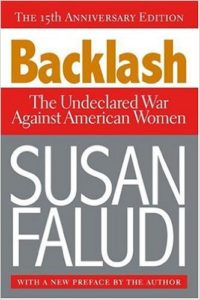Canada’s first food bank opened in Edmonton in 1981. People were hungry and the social safety net had failed them. Capitalism had failed them. Government had failed them. Maybe schools and employers and families and neighbours had failed them. Maybe they had failed themselves. Whatever the cause, people were hungry. Families and their little children were hungry. And so, as often happens, churches and charitable agencies stepped in. Individuals made donations. A system of redistributing food was developed. Perhaps you donate to a food bank. Many of us do. CBC Toronto is having its giant annual food bank drive today. I hope they raise a ton of money. No one wants a child to go hungry, or at least no one I would care to know wants a child to go hungry.
BUT —
Food banks were originally going to be a short-term response to immediate need. Once the limitations and failings which had enabled hunger to exist were addressed, food banks would no longer be needed and would disappear. That was 36 years ago. More than a generation has passed and food banks are everywhere and still absolutely necessary. They are an institution. To borrow a phrase of Jean Swanson’s, Vancouver’s tireless anti-poverty activist, we have substituted charity for justice.
Let that sink in a minute. We have substituted charity for justice.
If you are donating to a food bank this year, I truly applaud you. Could you do something else too? Could you work a little on the justice part of this problem? Pick a piece of the source of this massive issue to tackle. If you think capitalism is the problem, think about what you can do to reverse trends that have placed resources in the hands of some while impoverishing others. Get involved in a community garden. Read about food security. Decide how you can contribute to creating food security for all. There are lots of people who have opinions and thoughts about what to do. If you think government is the problem, ask your representatives what they are doing to alleviate hunger. We get tax deductions for our donations. Maybe we shouldn’t. I don’t know. I don’t know all the answers. I’m only one person and I can’t solve local hunger by myself, let alone global hunger. But that’s no reason to avoid drawing attention to the problem or taking one small action beyond a food bank donation.
Here’s a little reading list, a little food for thought.
George Monibot, “Everything Must Go.”
Art Eggleton, “Three Ways to End Poverty in Canada.”
Canada Without Poverty. “Human Rights and Poverty Reduction Strategies.”
Elaine Power, “It’s Time to Close Canada’s Food Banks.”
Feel free to add other helpful reading materials in comments.




